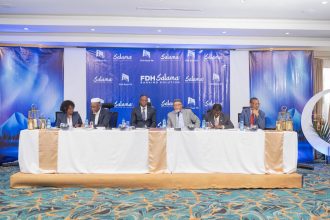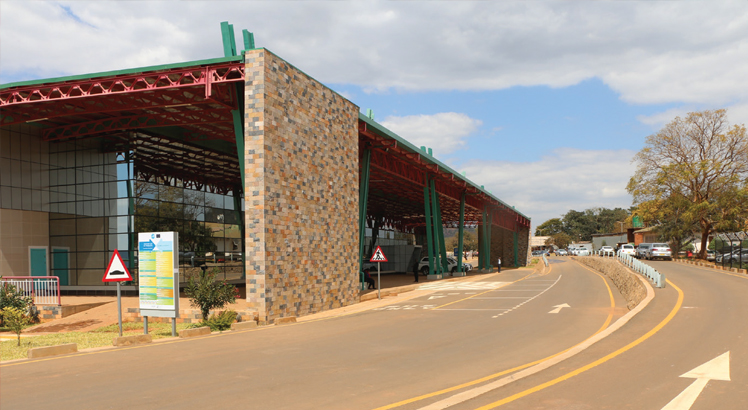Regional customs guarantee to spur competitiveness

Minister of Information Brown Mpinganjira has urged companies to invest in their workforce because human capital is a key driver of success and sustainability in any organisation.
Mpinganjira said that experience has shown that successful organisations are those which motivate and retain best performing human capital because to train an individual especially in this technologically advanced world takes time.
He was speaking during the opening of the Southern Africa Telecommunications Associations Human Development and E-Learning two-day workshop at Bingu International Conference centre in Lilongwe on Wednesday.
Said Mpinganjira: “It is an undisputable fact that successful organisations are those that take care of their employees because human capital is what drives companies forward. These organisations usually vie with one another to recruit the best university and business school graduates. They also vie for the most enterprising and promising talents from their competitors.”
He added that successful organisations also take care of talented employees and give them space to exercise their creativity and studies have revealed that innovation and creativity is high in better managed organisations.
He gave the example of Google as one of the best organisations where priority is given to the welfare of employees.
“Google provides employees with what is called outrageous benefits such as free gourmet meals, company movie days, free Wi-Fi services and enabled shuttles to ferry employees to and from work. In return the company demands top performance from its employees such that an average employee generates far more revenue to other companies in the ICT industry,” said Mpinganjira.
MTL chief executive Gavin Jeffrey concurred with Mpinganjira saying that the telecommunication industry is one where technology is changing fast and hence the need to have staff who can easily embrace ICT changes.
“Our industry is one of the fastest changing in terms of technology, which presents a challenge to all of us interms of understanding technologies as they are developed, but also when and if to adopt those new technologies into our net-work,” said Jeffrey.
He said sharing of knowledge should not just be within organisations or in workshops or within organisations in the same sector but information should also be shared between customer and supplier because this creates trust.














